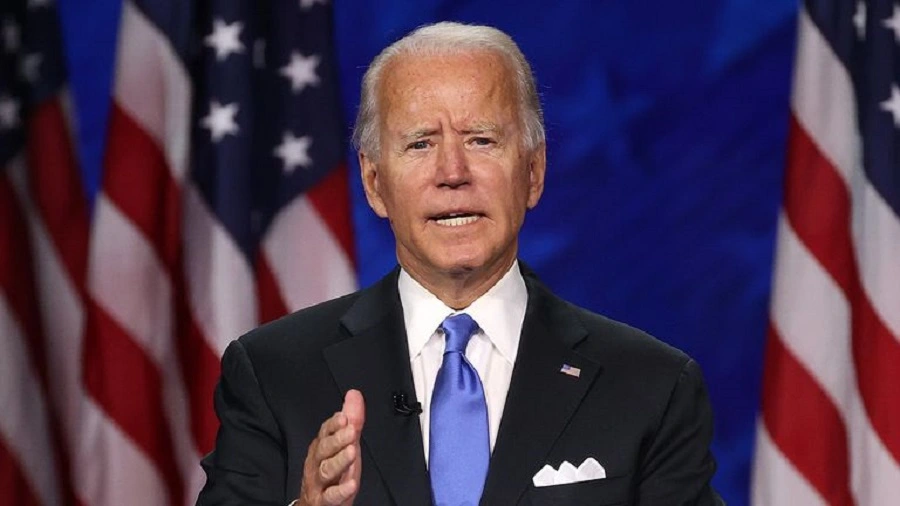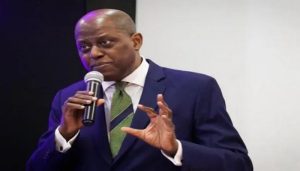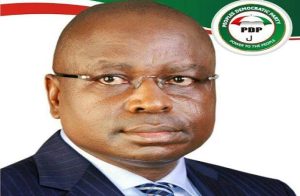
“I can’t guarantee that they will not force a default by doing something outrageous,” President Joe Biden told G-7 leaders in Japan, yesterday, referring to the hardline Republicans who have held on to what he described as an “extreme position” on the lingering debt limit negotiation.
Biden’s warning underscores the imminent crisis the global financial system faces should the biggest economy default in its debt obligation to its credit as earlier as June 1, 2023 – a possible fallout of the executive to secure an acceptable consensus from the Republican-dominated House of Representatives to raise the debt ceiling.
With its national debt currently sitting at $31.5 trillion, the United States exceeded its crucial borrowing limit of $31.4 trillion in January, forcing the Treasury Department to start taking extraordinary measures to keep the government paying its bills while pressuring Capitol Hill to avoid a default.
Recently, the Treasury warned that the country, which sits on 25 per cent of the global economy, could default as early as June 1, 2023, if the impasse continues. Treasury Secretary, Janet Yellen, added that the United States might not be able to pay its bills to get the government functional if Congress failed to concede to a deal.
As the global financial market weighs the option of failed consensus, yesterday, she warned again, during Meet the Press, a parley monitored by The Guardian, that bills would go unpaid if Congress failed to reach a deal before the U.S. ran out of money.
“I indicated in my last letter to Congress that we expect to be unable to pay all of our bills in early June and possibly as soon as June 1. And I will continue to update Congress, but I certainly haven’t changed my assessment,” Yellen said, describing the situation as “a hard deadline”.
In recognition of the enormous consequence of failure to secure parliamentary approval ahead of the deadline, Biden who had originally planned to stop in Australia and Papua New Guinea after the G-7 summit in Hiroshima, Japan, ended the trip halfway as headed “back home to deal” to continue debt limit talks – a brinkmanship that started during President Barack Obama.
The showdown between the White House and the Republicans is a major test of Biden’s re-election bid. But the grim realisation that the biggest economy could renege in its debt repayment agreement could send a shockwave across the global economy.
As last week, the ongoing negotiation is a major factor influencing the direction of the financial market with traders pricing in different possibilities as the deadline approaches. Analysts have warned that a default by the U.S. could be catastrophic for the investment market and that the crisis could trigger global financial turmoil.
Already, stocks, cryptocurrencies, and other assets responded sharply to the stalemate towards the end of last week. The U.S. bond, last week, was trading at a wide discount. When the government eventually defaults, analysts suggest, bonds issued by the U.S. could nosedive in value, which is capable of triggering a spike in interest rates.
Biden could invoke a provision of the untested legal theory called the 14th Amendment – “the validity of the public debt of the United States … shall not be questioned”— to boycott Congress and continue to borrow. But some experts said there is little to show what the clause requires of the Congress and Presidency, which suggests there are still grey areas in the provision.
Also, some financial experts have warned that boycotting Congress to continue with governance could still not prevent the economic turmoil.
Biden was on a scheduled call with the Speaker, Kevin McCarthy, to explore a bipartisan position. As of press time, the details of the telephone conversation between the two politicians had not been disclosed.
The President had earlier accused McCarthy and his colleagues of taking an “extreme”, unacceptable position. The negotiators had stuck to their extreme demand with the Republicans proposing a spending cut as a condition for a deal.
At the weekend, McCarthy negotiators said they would not resume talks with the administration until Biden was back in Washington.
The debt ceiling duet adds to high-interest rates and banking crisis risks. Each, fear of deterioration of the situations and possible spread of the risks to other regions, including Africa, deepens.








